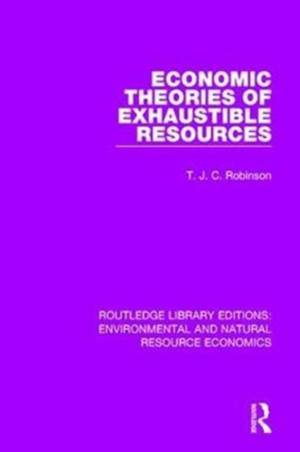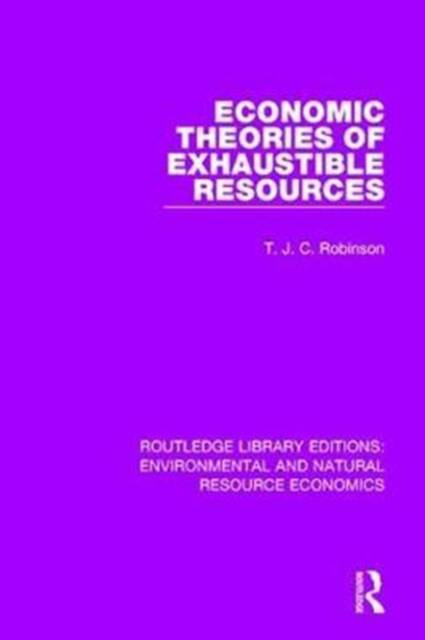
- Retrait gratuit dans votre magasin Club
- 7.000.000 titres dans notre catalogue
- Payer en toute sécurité
- Toujours un magasin près de chez vous
- Retrait gratuit dans votre magasin Club
- 7.000.000 titres dans notre catalogue
- Payer en toute sécurité
- Toujours un magasin près de chez vous
Description
Originally published in 1989. Professor Robinson begins by examining natural resource classification and the nature of return in mining, giving particular emphasis to different sources of long-run price changes in mining and their relevance for user cost and the economic treatment for exhaustible resources. He then traces the development of the economic theory of exhaustible resources from the last quarter of the eighteenth century to the first quarter of the twentieth, documenting the differing views of various authors about the future availability of mineral resources and the extent of user cost involved in their exploitation. He identifies a link between the perceived availability of exhaustible resources and the nature of the economic theory used to explain their exploitation. This book should be of interest to students and researchers of Economic Theory and Policy.
Spécifications
Parties prenantes
- Auteur(s) :
- Editeur:
Contenu
- Nombre de pages :
- 204
- Langue:
- Anglais
- Collection :
Caractéristiques
- EAN:
- 9781138083578
- Date de parution :
- 19-10-17
- Format:
- Livre relié
- Format numérique:
- Genaaid
- Dimensions :
- 156 mm x 233 mm
- Poids :
- 452 g







